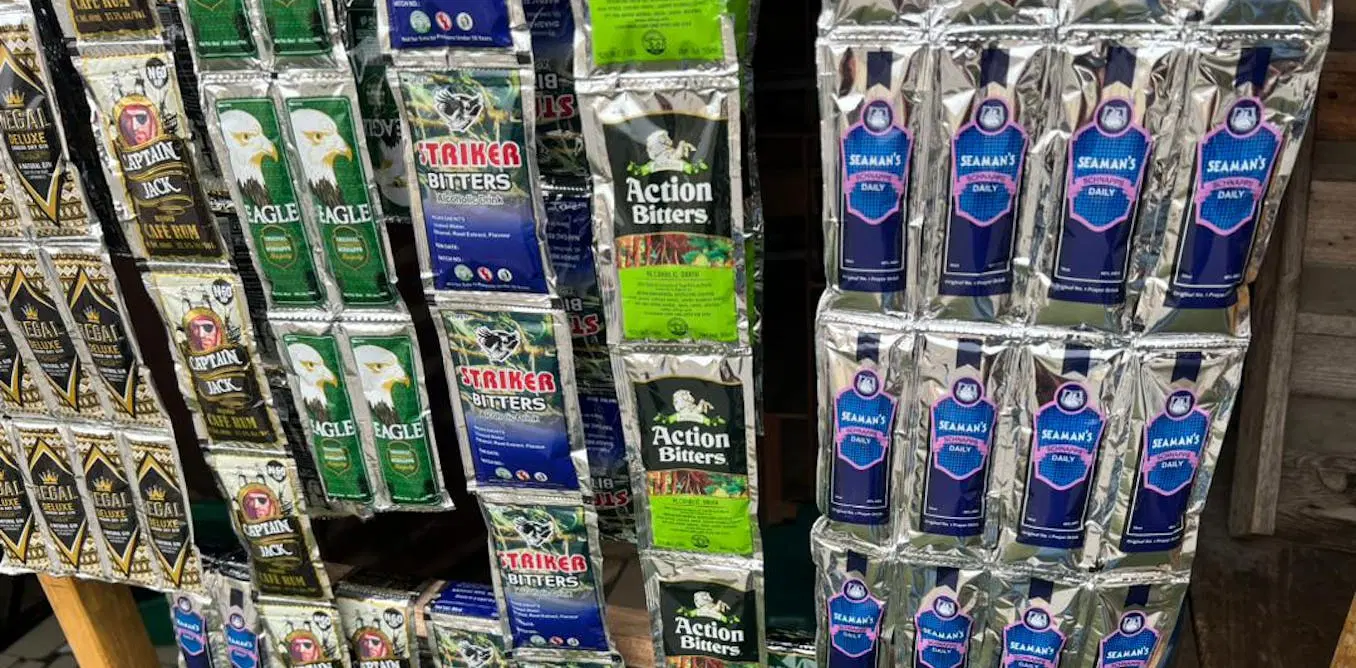Traders in Abuja have lamented over the low patronage owing to the scarcity of naira notes.
These women complained about the poor sales while speaking with the News Agency of Nigeria on Sunday in Abuja.
According to NAN, most traders had no choice but to receive payment after sales through bank transfers.
Also, it was reported that some traders with no bank account have gone to open one following the scarcity of cash.
A food seller, Ngozi Kalu at the Garki International Modern Market, said she has not sold for two days owing to scarcity.
In her words, “When customers come, they complain that they do not have cash to pay and ask if they can transfer.
“I do not have a bank account, so if they do not have the cash to pay me, they go somewhere else to try.
“That is how I have missed so many sales for two days. I wish I had a bank account.”
In the interview with another trader, known as Mama Victor, it was noted that she could make little sales because of her bank account.
According to her, “Some customers come and ask if they can transfer, so I give them my account number.
“That is the only way I have been making sales because there is no money anywhere. Even the PoS operators do not have money.”
However, stating a different opinion about the CBN’s policy, a perishable goods trader, Hannah John, commended the Federal Government.
The woman said, “I am happy about what the government is doing because customers are paying money directly to my account so I will go back home carrying very little cash on me.
“Also, it will encourage more market women to open bank accounts because those who do not have are losing out.”
According to NAN, buyers on the other hand mentioned they had been making use transfers.
However, they complained that it takes time to confirm if the seller has received the money.
Some of the buyers also experienced being charged an extra fee by other market women who are willing to offer them cash.
NAN reported that these experiences were similar in Utako Modern Market, Kubwa Village Market and other visited markets.










